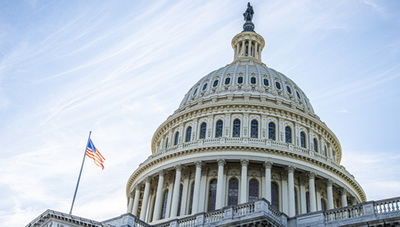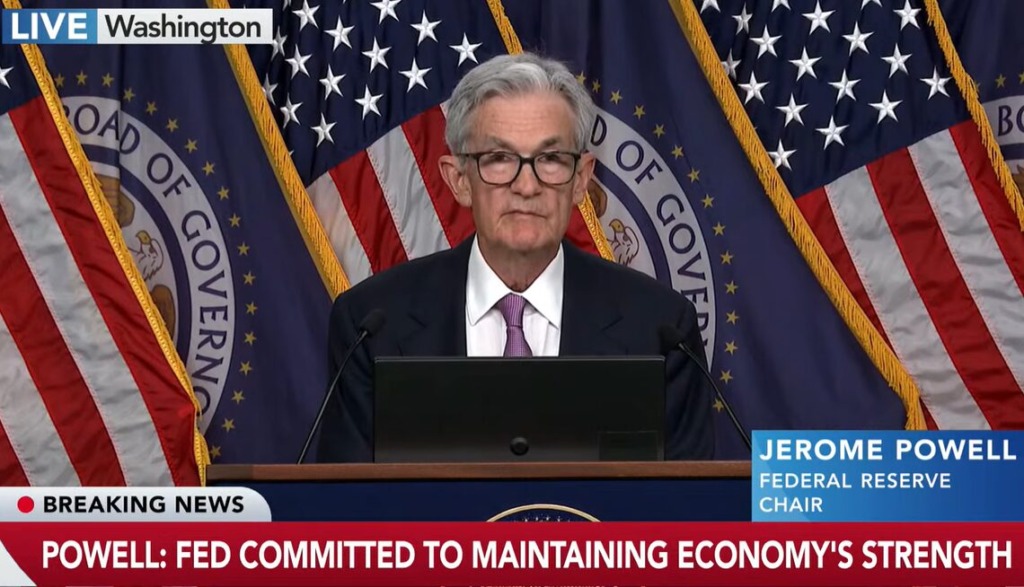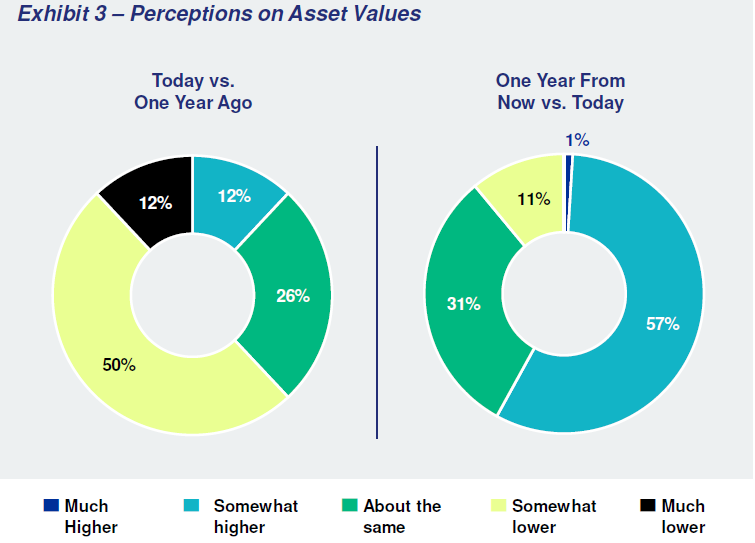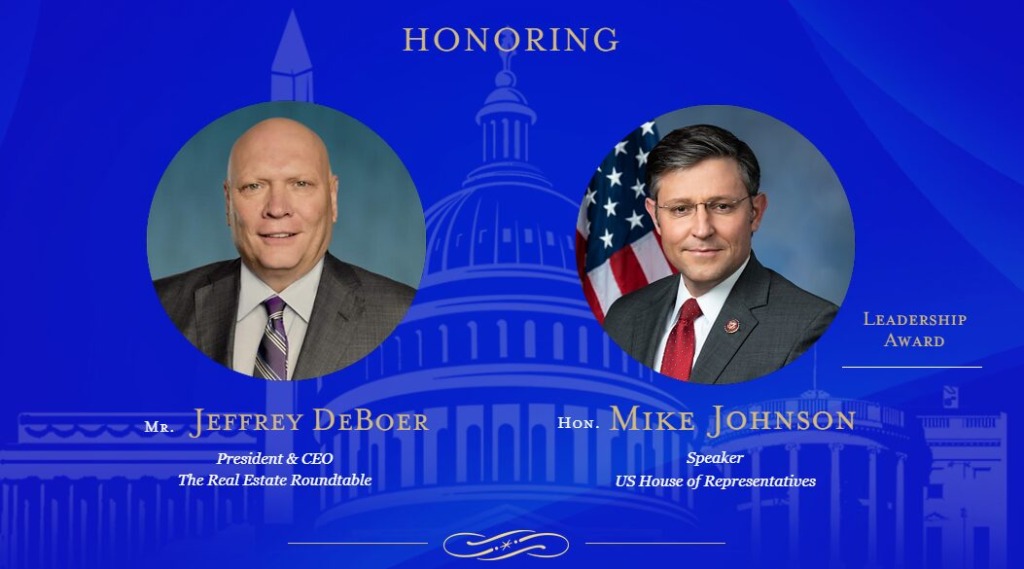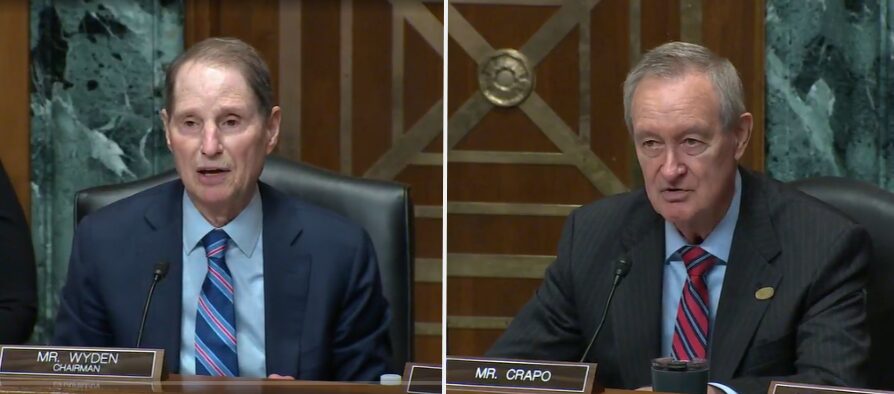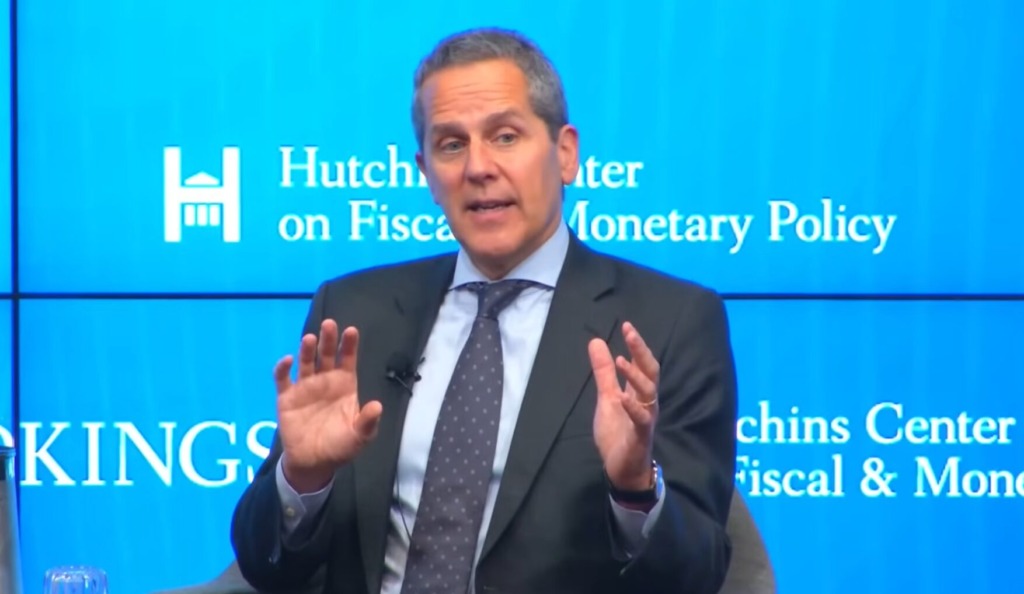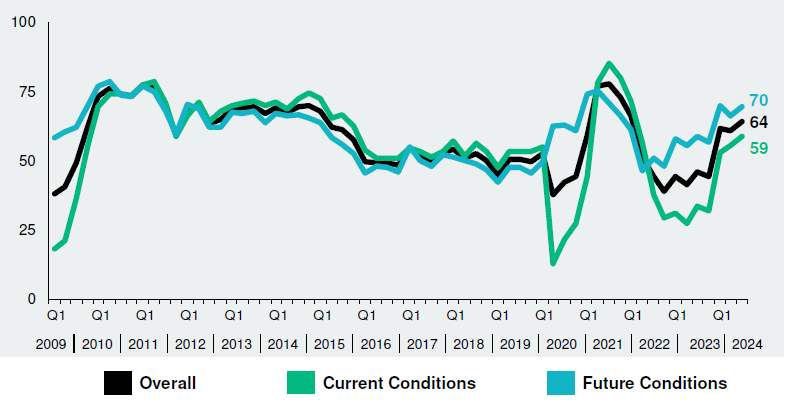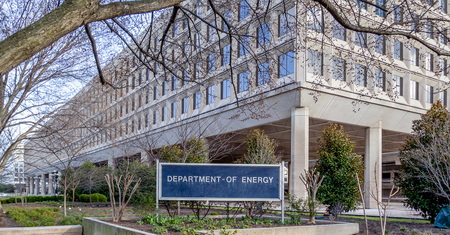
The U.S. Environmental Protection Agency (EPA) is accelerating regulatory actions that will affect how real estate owners and developers design, install, and manage air conditioning systems that use refrigerants to cool buildings.
Hydrofluorocarbons (HFCs) Impact Climate Change
- Congress passed the American Innovation and Manufacturing (AIM) Act in 2020. The AIM Act requires a phasedown of certain greenhouse gases known as hydrofluorocarbons (HFCs). The Act also requires a transition to new technologies that use HFCs with lower emissions impacts. (EPA webpage).
- HFCs regulated by the AIM Act are beneficial to protect the ozone layer but contribute greatly to global warming and are much more potent than carbon emissions. (National Oceanic and Atmospheric Administration, US-EPA)
- Air conditioning and refrigeration systems in buildings depend on HFCs. An estimated 20% of the total electricity used in buildings’ worldwide electricity consumption comes from space cooling that uses high-emissions refrigerants. (International Energy Agency)
EPA Rule on HFC Leak Detection and Repair

- EPA issued an AIM Act implementation rule on Monday focused on leak detection and repair of equipment that uses HFCs. Starting in 2026, building owners and other operators of heat pumps, chillers, and other air conditioning systems that contain at least 15 pounds of HFC-containing refrigerants are subject to these new requirements. (POLITICO, Sept.. 23)
- Large appliances that use at least 15,000 pounds of refrigerants must install automatic leak detection for new systems starting in 2026, and existing systems starting in 2027. (EPA fact sheet)
- The new rule also sets requirements for HFC disposal, and HFC recycling that must be used during installation and repair of new fire suppression systems. (EPA fact sheet)
Proposed Rule on HFC Transition
- Separately, EPA has proposed rules that would phasedown the manufacturing of HFCs controlled by the AIM Act altogether, and set “technology transition” deadlines for when buildings must install new AC systems using refrigerants that are less harmful to the environment.
- The Roundtable submitted comments yesterday on the proposed “technology transition” rules. The comments expressed concern that EPA’s deadlines do not account for permitting and construction processes in complex buildings designed to accommodate AC and refrigeration systems years before equipment is actually installed.
- As RER’s letter explains, strict, immutable deadlines that ‘strand’ buildings from HFC regulatory compliance are not what Congress intended and may not be the best interpretation of the statute.
- RER also stated it seeks a partnership with EPA “to educate our industry leaders on the AIM Act’s requirements” and help regulators better understand how the HFC phasedown may impact new construction, existing building retrofits, and real estate ownership, operations, and financing.
Yesterday, RER’s Sustainability Policy Advisory Committee (SPAC) held an educational session with members to start raising awareness about the new regulations (Slide deck). RER will continue to coordinate with the EPA as implementation of the HFC phase-down and transition unfolds.



